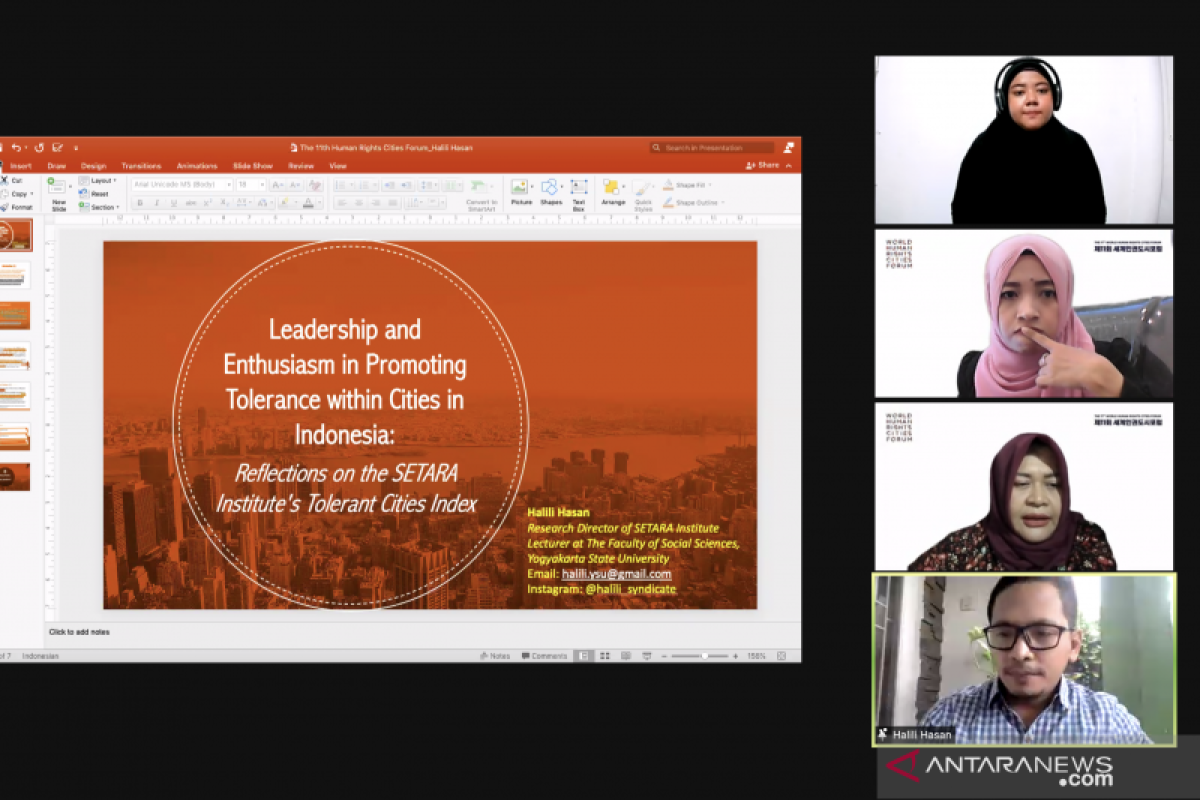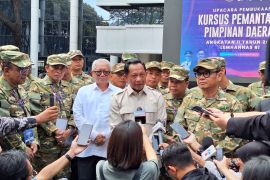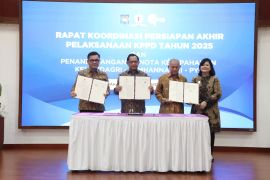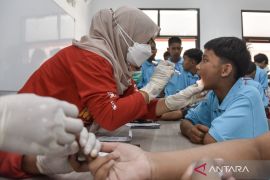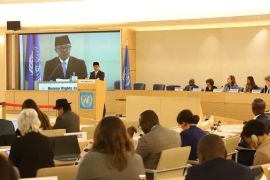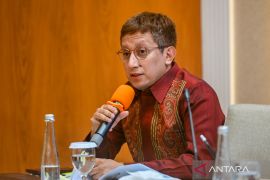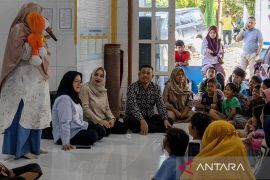The SETARA Institute has set eight indicators to determine the index of regions' tolerance levelJakarta (ANTARA) - Local figures have had a significant influence on improving tolerance levels in Indonesian regions, research director of SETARA Institute for Democracy and Peace, Halili Hasan, has said.
"Local figures hold significant influence to improve tolerance level in their region," he told the 11th World Human Rights Cities Forum, hosted online by the National Commission on Human Rights and the International NGO Forum on Indonesian Development (INFID), on Friday.
Leading local figures play a key factor in improving or reducing the tolerance level in the community, Hasan said.
The SETARA Institute has determined three types of leaders who are key for improving regional tolerance—political, bureaucratic, and civil, he informed.
Related news: Acting regional heads should have understanding of democratic process
Local political leadership mostly comprises the mayor or their deputy, he said. They exert significant influence on tolerance promotion in their region by enacting government regulations, planning regional development, and assuring an inclusive regional administration, the research director explained.
"The SETARA Institute has set eight indicators to determine the index of regions' tolerance level," Hasan informed.
The eight indicators are regional development plans, anti-discrimination regulations, social statements, concrete actions on discrimination issues, social regulations, community dynamics, social inclusion level, and social and religious heterogeneity, he elaborated.
Related news: Women's participation benchmark for democracy: MPR deputy speaker
Hasan pointed out that in regions where the political leadership is absent, the regional bureaucracy leaders often take over the role of promoting tolerance by assuring tolerance in bureaucracy and administration function.
"Bureaucracy leadership in regions had shown promising breakthroughs to protect the region's tolerance level in the situation when the political leadership neglected the role," he observed.
Related news: COVID-19 response policies to not weaken democracy: Minister Marsudi
The institute has also determined that the last type of regional leadership—civil leadership—also plays a significant role in improving tolerance, Hasan said.
"The civil leadership plays the role to ensure social regulation and inclusiveness persisting in their community," he added.
Related news: Sexual violence involving children should be handled transparently
Related news: Police follows up on PPATK's finding of Rp120-trillion IFFs
Translator: Putu Indah S, Nabil Ihsan
Editor: Fardah Assegaf
Copyright © ANTARA 2021
